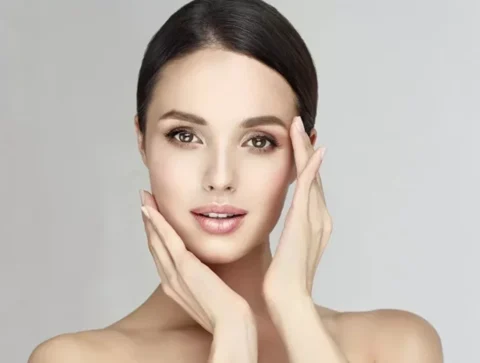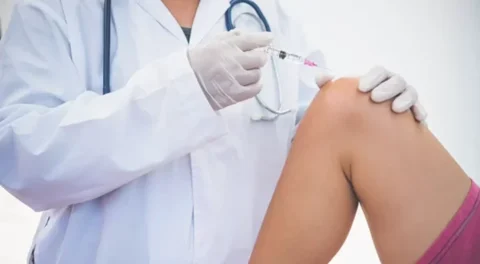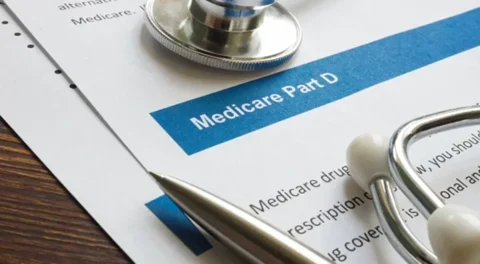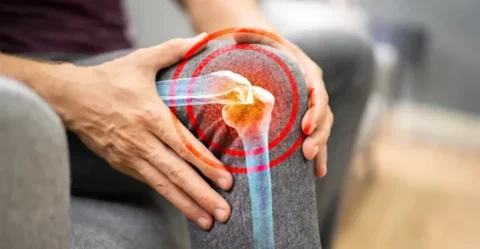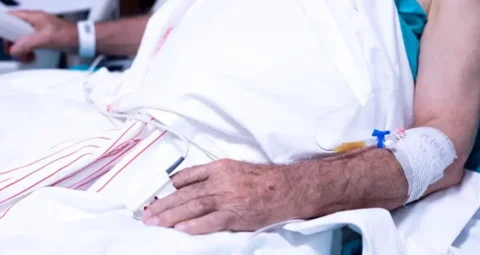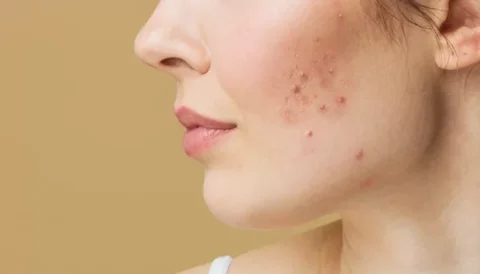Starting a new treatment for hair loss isn’t without doubts and anxiety, no matter how many positive results the procedure has produced. Especially when it concerns hair loss, most patients feel more cautious that any treatment may worsen their condition. Platelet-rich plasma (PRP) therapy is one of the popular solutions for hair thinning and hair loss, but some patients, especially the first-timers, could be wary that it could cause more hair loss.
So how often do people lose hair after their PRP treatment? Hair shedding after your PRP injections is a common effect because the hair follicles become stimulated by the growth factors. You experience temporary hair loss as the new healthier and thicker hair pushes the older hair shaft. The more hair follicles you have, the more strands of hair will fall, replaced by new hair.
How Often Patients Experience Hair Loss After PRP Hair Treatment
Most patients become anxious that they seem to be losing more hair after receiving PRP injections for hair growth. However, hair shedding is actually a common side effect after the treatment session because of the natural growth cycle of the hair, coupled with the potent therapy for hair loss you’ve undergone. Patients may start noticing this 6 weeks after the treatment and may last within around 8 to 10 weeks.
While it’s common to experience hair shedding following your PRP hair treatment, it’s still advised to consult your dermatologist. They can check the condition of your scalp with a hair check trichometer to observe your hair mass index (HMI) and ensure it’s on the right track. Some patients worrying about the sudden hair loss find significant improvements in their HMI brought by the treatment.
Why You Lose Hair After PRP Hair Treatment
Many patients experience immense emotional stress due to thinning of hair or hair loss – that’s why they become more anxious about shedding more hair after PRP hair treatment. Hair shedding is a common effect not only for receiving plasma injections but also with many solutions for hair loss, such as topical minoxidil and more. This is due to the reaction of our normal hair cycle with the hair regrowth treatment.
How PRP Hair Treatment Works
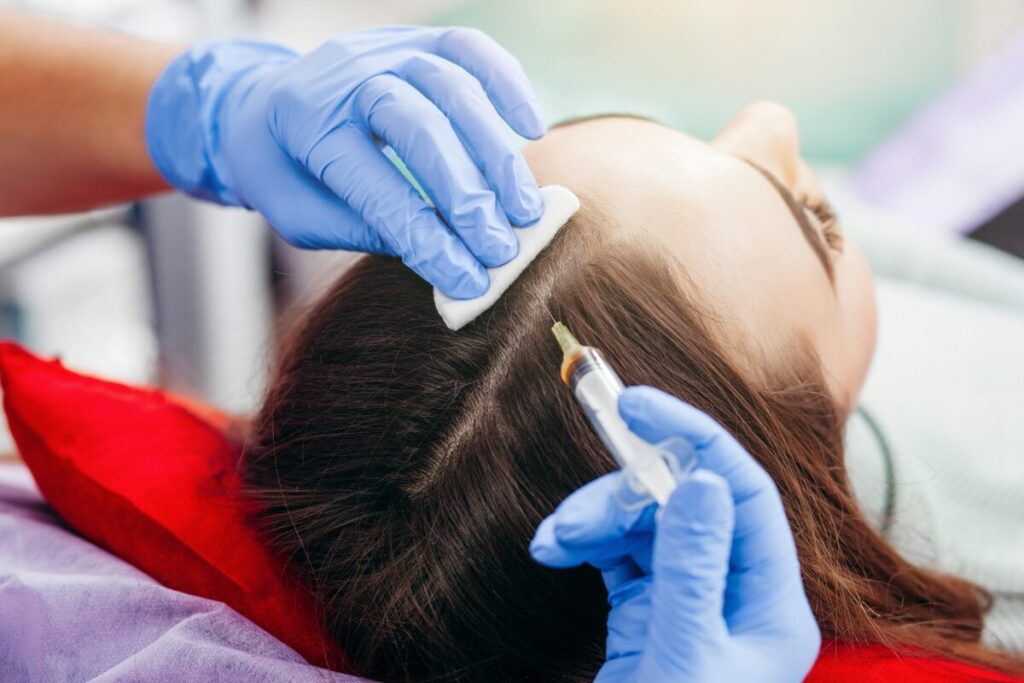
How PRP hair treatment works is also related to why patients experience shedding. Platelet-rich plasma therapy is a form of regenerative medicine that speeds up the body’s healing process by injecting growth factors in targeted areas. This has been an effective treatment, not only for hair loss but also for different medical conditions and rehabilitation therapies.
As a treatment for hair loss, injecting the scalp with PRP provides the hair follicles with a boost of healing factors. The injection triggers the scalp to activate hair growth as it improves blood flow to your hair follicles, receiving better oxygen and nutrients. It also promotes cell growth, increases your stem cell, and boosts collagen production, which keeps your hair strands intact with your hair follicles.
The entire procedure starts with the experts doing a blood draw on the patient. They will then process the blood sample in a centrifuge where the blood platelets and the plasma will be separated from other blood cells.
The plasma is then injected with the concentration of platelets on your scalp. The blood platelets are the vital cells needed for the treatment because of their healing factors, which is why they’re responsible for wound healing and repairing damaged tissue.
Because of the concentration of platelets injected into your scalp, your hair follicles activate their anagen phase, which is why they need to push the old hair.
Reasons Why You Lose Hair After PRP Hair Treatment
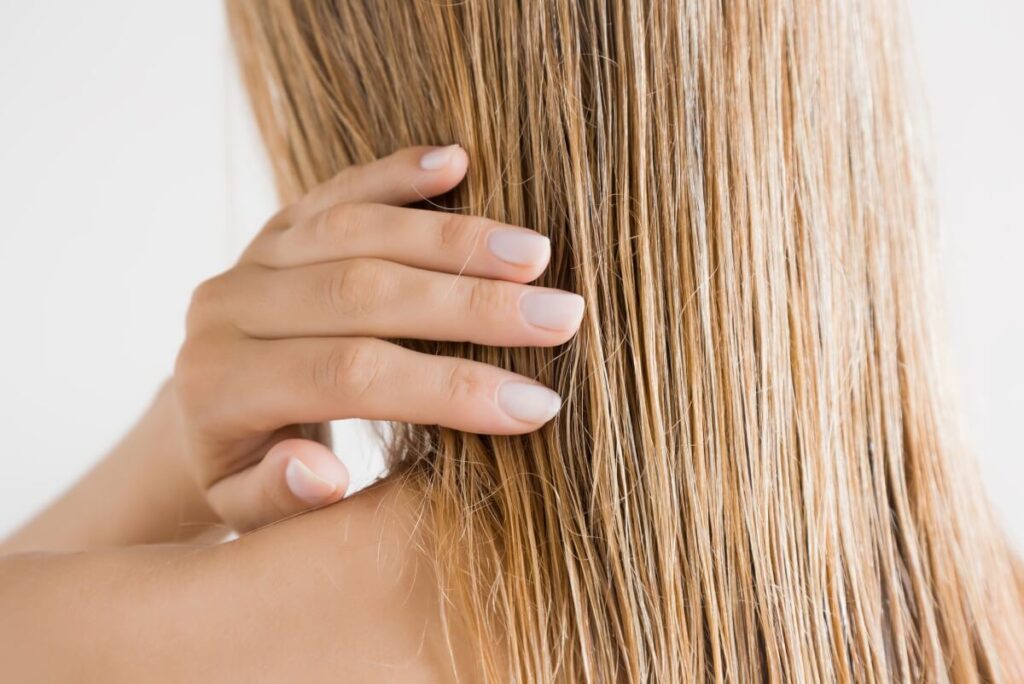
In some rare cases, receiving PRP injections can worsen the underlying androgenetic alopecia, which is why it’s necessary to seek a reliable aesthetic clinic and keep your dermatologists updated with your progress.
1) PRP Treatment is Growing New Hair
Patients experience hair shedding after any type of hair loss treatment, not only with PRP injections. These treatments trigger the hair follicles to activate from their dormancy and grow new hair. Every hair follicle undergoes an on-and-off cycle:
- Anagen Phase – the phase where the follicle grows hair, which lasts within 3 to 10 years. The hair bulb and dermal papilla undergo a rapid cell division. New hairs start showing from the scalp.
- Catagen Phase – the 2-to-3-week transitional phase where the cell division stops. Melanocytes also stop from producing pigment.
- Telogen Phase – the resting phase that lasts within 3 to 4 months. Hair falls from the scalp.
Once you undergo a hair regrowth treatment, your hair follicles will become stimulated to activate into the anagen phase. They need to enter the telogen phase to grow new hair; that’s why you shed hair. New strands of thicker and healthier hair push the old hair out of the scalp.
This happens to many treatments for hair loss, so hair shedding isn’t a reliable metric for gauging if you’re losing or growing more hair. It’s still better to seek a board-certified dermatologist.
2) PRP Speeds Up Genetic Hair Loss
Another reason why your hair sheds after receiving PRP injections is because of the worsening of an underlying hereditary hair loss. Receiving PRP injections may sometimes trigger telogen effluvium or when your hair follicles freeze at the telogen phase and don’t enter the growth phase. Fortunately, this condition is rare among patients who undergo PRP therapy for hair growth.
To avoid this, seek a reliable aesthetic clinic or dermatologist who can diagnose the type of hair loss you have and define its causes. They must also consider the other medical conditions you may have. They will determine if you’re a suitable candidate for PRP or not.
Patients Who Aren’t Candidates of PRP Hair Treatment
As mentioned, some patients are suitable for receiving PRP hair treatment, while some would better undergo a different solution. This will usually vary with the types of hair loss you have, your lifestyle, and your medical condition.
Why Patients Withhold PRP Hair Treatment
Some patients aren’t qualified for undergoing PRP hair treatment because it might exacerbate their current condition, or the injections wouldn’t work well on them. This is usually because of their lifestyle, where a patient must not be a chain smoker. Patients who are also on blood-thinning medication and those with a history of medical conditions wouldn’t benefit from plasma injections.
1) Receiving Blood-Thinning Medication
Those taking blood-thinning medication, such as antiplatelet and anticoagulants due to their heart condition, aren’t advised to proceed with PRP therapy. The medications they’re taking affect platelet count, which is important for the procedure. While there’s no harm in proceeding with the treatment, it wouldn’t be cost-effective because they wouldn’t receive the best results.
2) Chain Smoking
Patients who are heavy smokers aren’t advised to receive PRP injections. Tar slows down the production of the much-needed growth factors in the body. Smoking also causes hair loss, so PRP injections wouldn’t address the cause of hair loss, aside from not providing reliable PRP.
3) Medical Conditions
Some patients with a history of medical conditions aren’t qualified to receive PRP hair treatment. This cosmetic procedure may not be the best for those with alopecia areata. Patients with a history of auto-immune diseases, cancer, blood diseases, and others must inform their dermatologists right away before receiving PRP treatment.
Who are Good Candidates for PRP Hair Treatment?
Patients with no history of medical conditions, not a chain smoker, or on any type of blood pressure medication may benefit from PRP hair treatment. Both men and women suffering from hereditary hair loss or other forms of alopecia, except alopecia areata, may receive PRP injections.
If your hair loss is caused by stress or other environmental and lifestyle factors, you may undergo PRP hair treatment. Those experiencing hair thinning may also prevent baldness with this treatment.
Consult Hair Loss Solutions at FACE Med Store
Hair shedding after PRP hair treatment is common and shouldn’t be a cause of concern. While there might be risks of hair loss worsening, these are rare and may easily be avoided by keeping your dermatologist updated about your progress and seeking a reliable clinic.
FACE Med Store is a trusted partner of many practices for quality medical and beauty supplies like PRP treatments for hair loss. We’re committed to ensuring safety and satisfaction of our customers, and offer great deals at competitive prices. Know more about your options for resolving hair loss and get in touch with us today.
